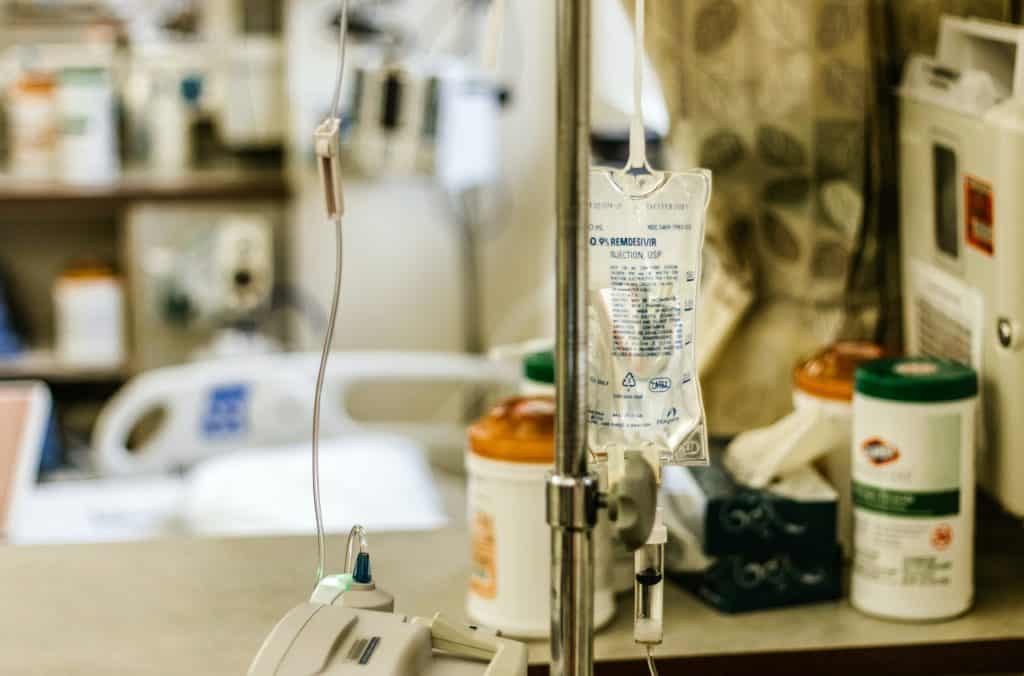
New WHO recommendations for Ebola treatments and improved access
pharmafile | August 22, 2022 | News story | Sales and Marketing |
WHO has published its first guideline for Ebola virus disease therapeutics, calling on the global community to increase access to lifesaving medicines. The organisation has made new strong recommendations for the use of two monoclonal antibodies, mAb114 (Ansuvimab; Ebanga) and REGN-EB3 (Inmazeb).
“This therapeutic guide is a critical tool to fight Ebola,” said Dr Richard Kojan, co-chair of the Guideline Development Group of experts selected by WHO and President of ALIMA, The Alliance for International Medical Action. “It will help reassure the communities, health care workers and patients, that this life-threatening disease can be treated thanks to effective drugs. From now on, people infected with the Ebola virus will have a greater chance of recovering if they seek care as early as possible. As with other infectious diseases, timeliness is key, and people should not hesitate to consult health workers as quickly as possible to ensure they receive the best care possible.”
Ebola is a severe and often fatal illness. The new guidance complements clinical care guidance that outlines the optimised supportive care patients should receive. Developed according to WHO standards and methods for guidelines, and published both in English and French, the guidelines will support healthcare providers caring for patients with Ebola, and policymakers involved in outbreak preparedness and response.
“Advances in supportive care and therapeutics over the past decade have revolutionized the treatment of Ebola. Ebola virus disease used to be perceived as a near certain killer. However, that is no longer the case,” said Dr Robert Fowler, University of Toronto, Canada and co-chair of the guideline development group.
“We have seen incredible advances in both the quality and safety of clinical care during Ebola outbreaks,” said Dr Janet Diaz, lead of the clinical management unit in WHO’s Health Emergencies programme. “Doing the basics well, including early diagnosis, providing optimized supportive care with the evaluation of new therapeutics under clinical trials, has transformed what is possible during Ebola outbreaks. This is what has led to development of a new standard of care for patients. However, timely access to these lifesaving interventions has to be a priority.”
Ana Ovey






